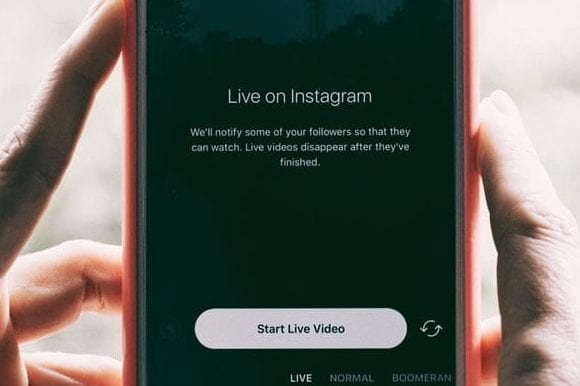
NASHVILLE – According to Pew Research Center, 80 percent of Americans say social media platforms are effective for raising public awareness about political or social issues, and over half have also been civically engaged on social media in recent years. Social media can be a powerful tool when harnessed with wisdom as we seek to influence change and address grave issues of injustice throughout our world.
But for all of the positive change that these tools can help facilitate, one of the temptations in this age of social media is to believe that digital activism is all that is needed to address real-world issues. Digital activism can quickly become a substitute for true and lasting change because we buy into the lie that simply participating in an online campaign is enough.
Here are two ways to think about social change and move beyond raising awareness of these issues online.
Raising awareness is good, but action is better
Marking our hands with a red X to raise awareness about sex trafficking around the world or changing our social media avatars to show support for a cause can be a helpful way to let others know about issues that may fly under the radar of our daily experiences. With all of the busyness and constant distractions of life, digital activism can be an important tool in the age of social media.
But as our teenagers and families participate in these online movements, we need to stop and examine our motivations for participating. It is tempting to post, share or like things in order to be seen as the type of person that is socially involved but then fail to actually address these issues in the real world.
Social media can quickly become a way to show the world a version of ourselves that we want them to see rather than seeking true and lasting change through a concerted effort in our communities. Talking or showing support for an issue is one thing, but acting is a whole other level of engagement.
Look for ways to partner with others
One of the blessings of social media is the ability to connect with others, but these online connections can become shallow or superficial. It is more important than ever to move those connections offline and engage with others face to face. You may feel called to get involved with important issues like abortion, sex trafficking or racial injustice, but true change usually happens in real-life relationships with others.
There are countless reputable and gospel-centered organizations that you can partner with in your community to help move the needle on these important issues. You can give resources, volunteer time, and participate in community events that allow you to put feet to the online support.
God calls His people to be the hands and feet of Christ in a broken and sin-torn world. May God find His church actively engaging the world around us, caring for the least of these, and championing human dignity for all, instead of thinking that performative online activity is enough.
(EDITOR’S NOTE – Jason Thacker serves as chair of research in technology ethics at the Ethics & Religious Liberty Commission.)


